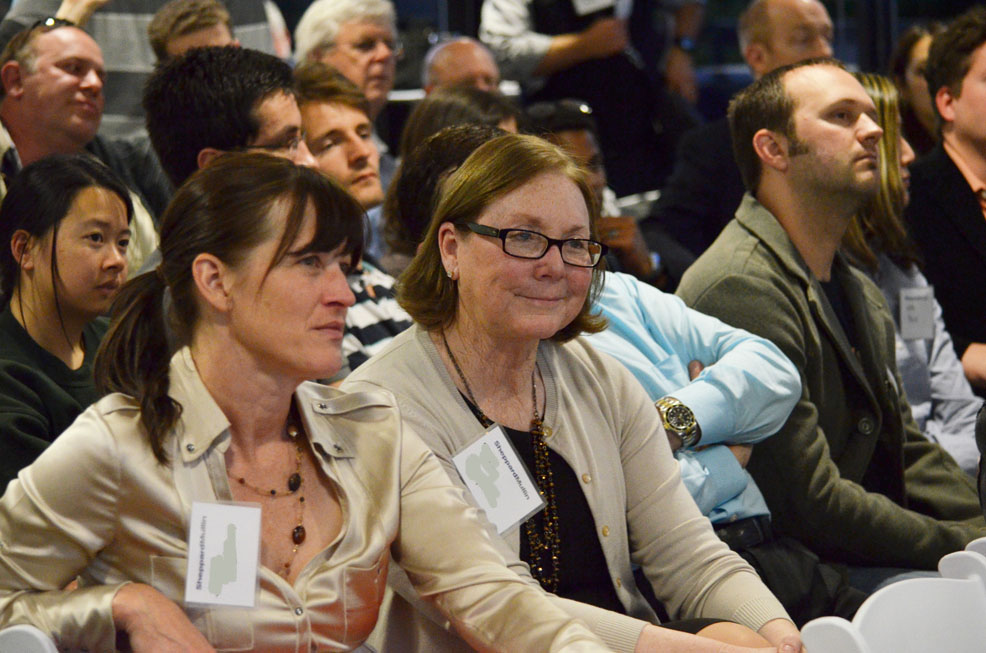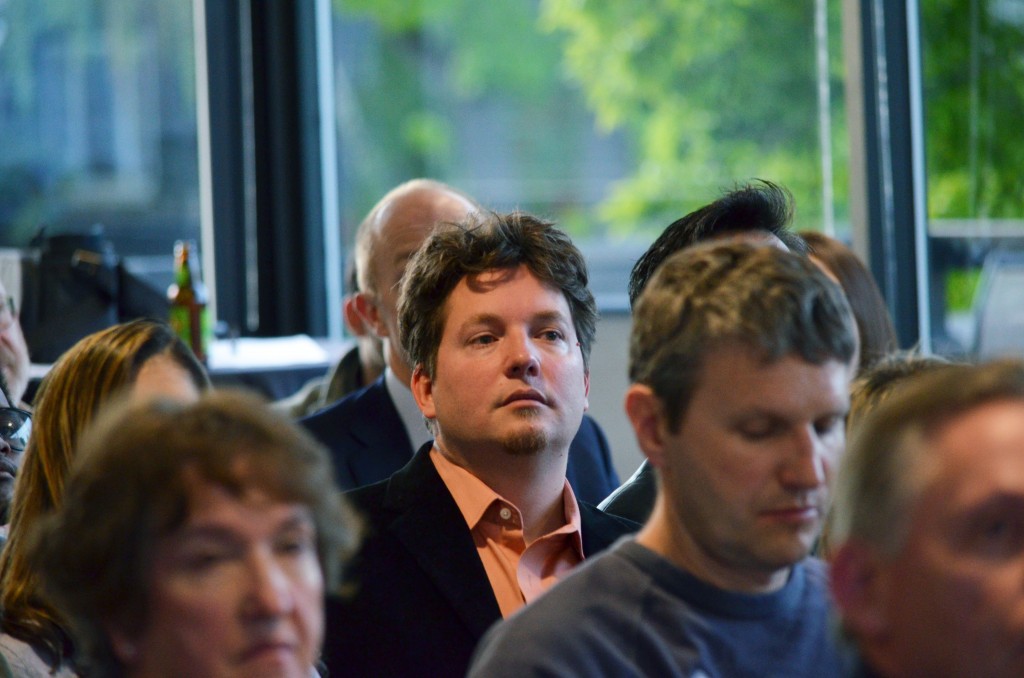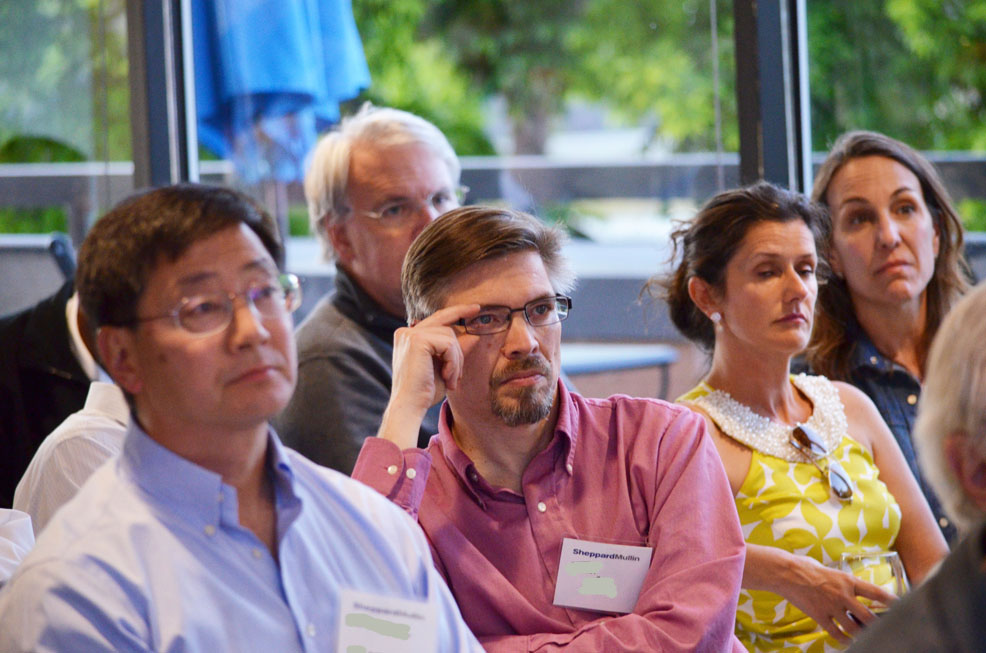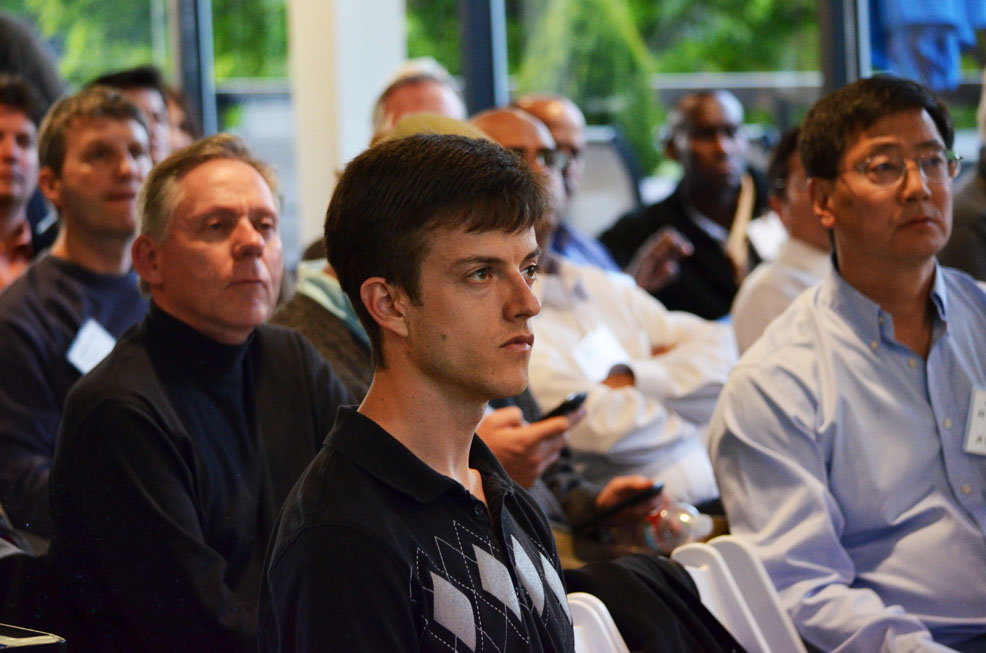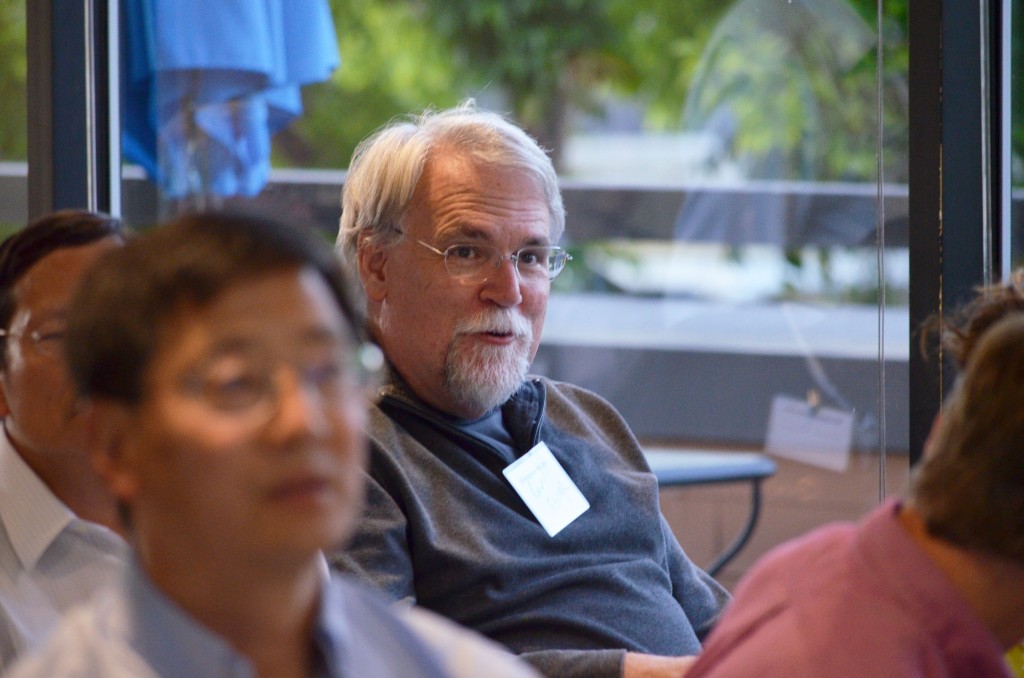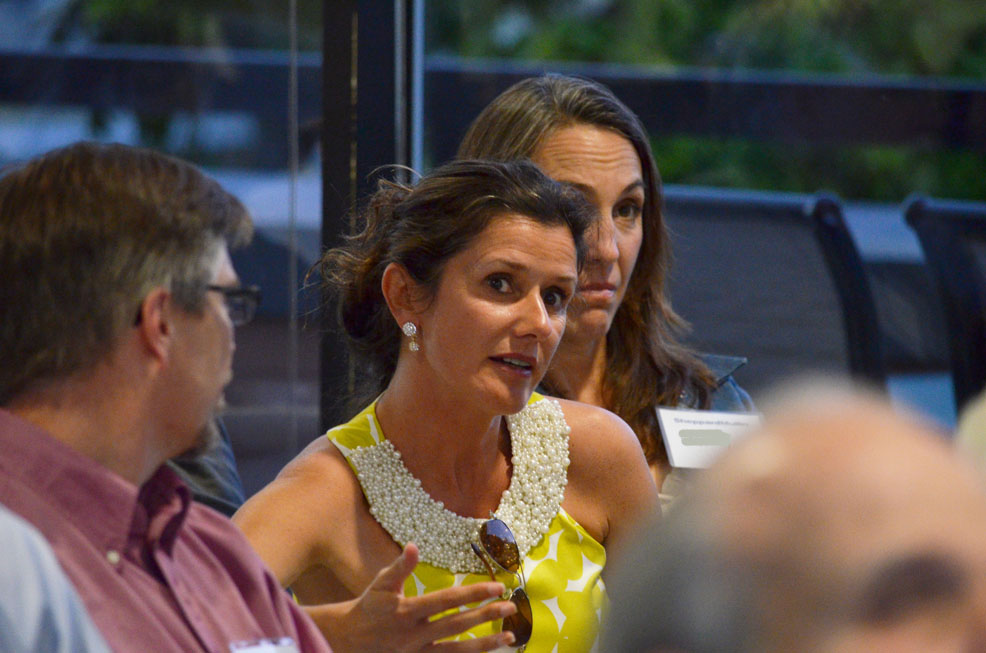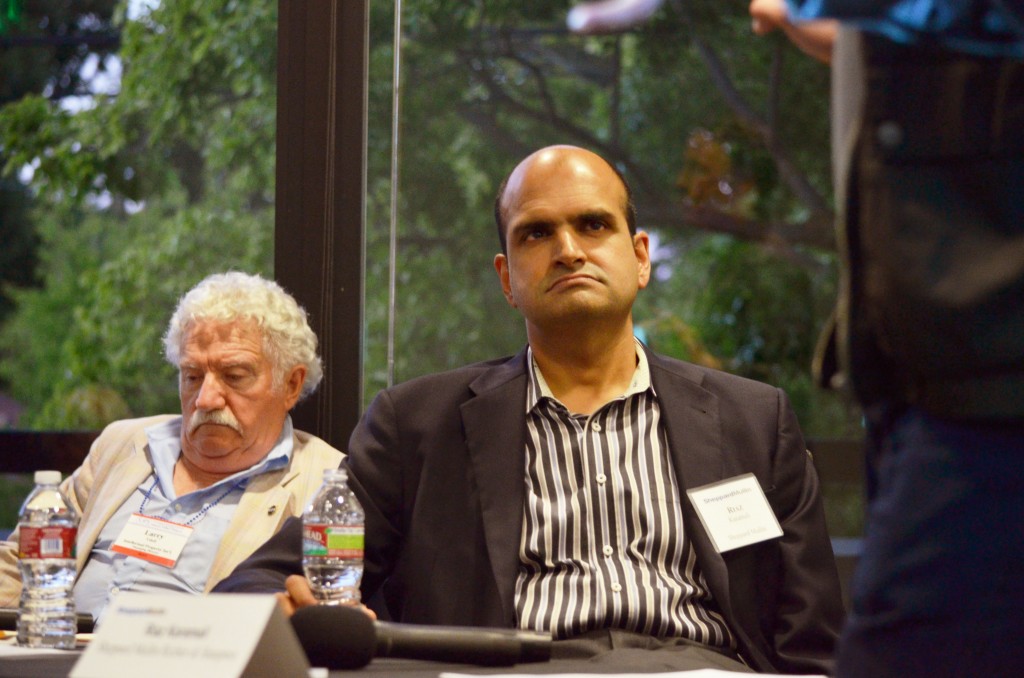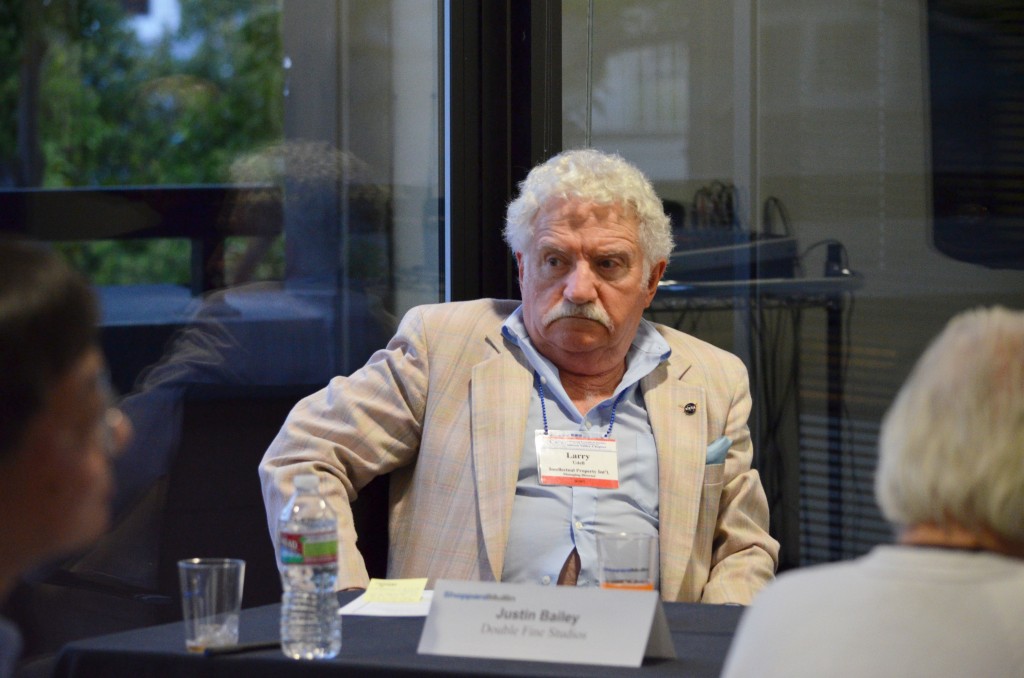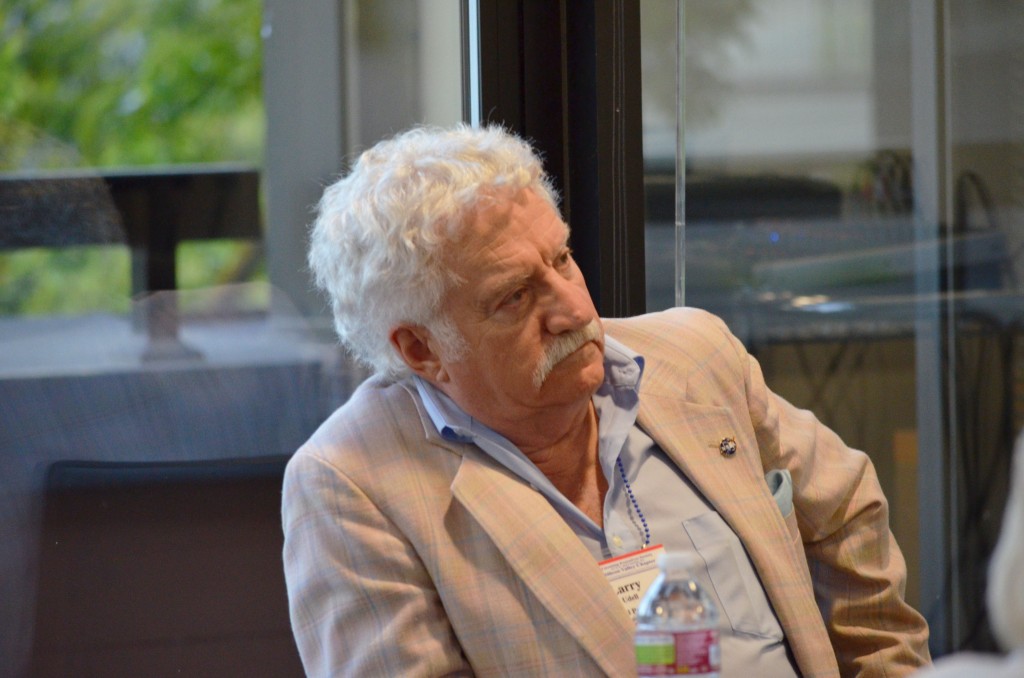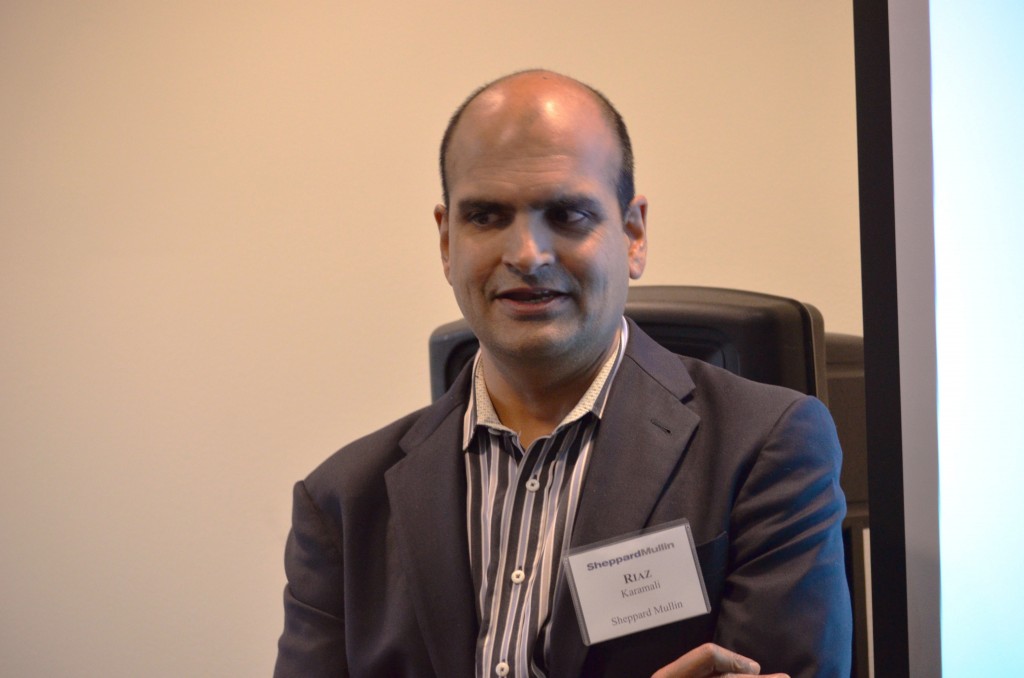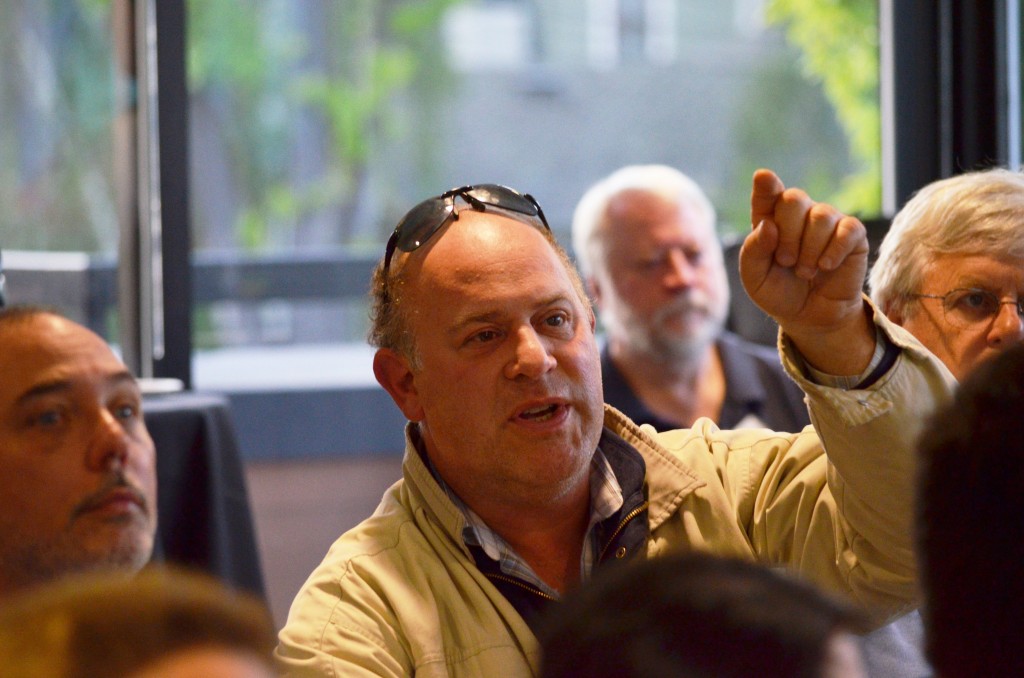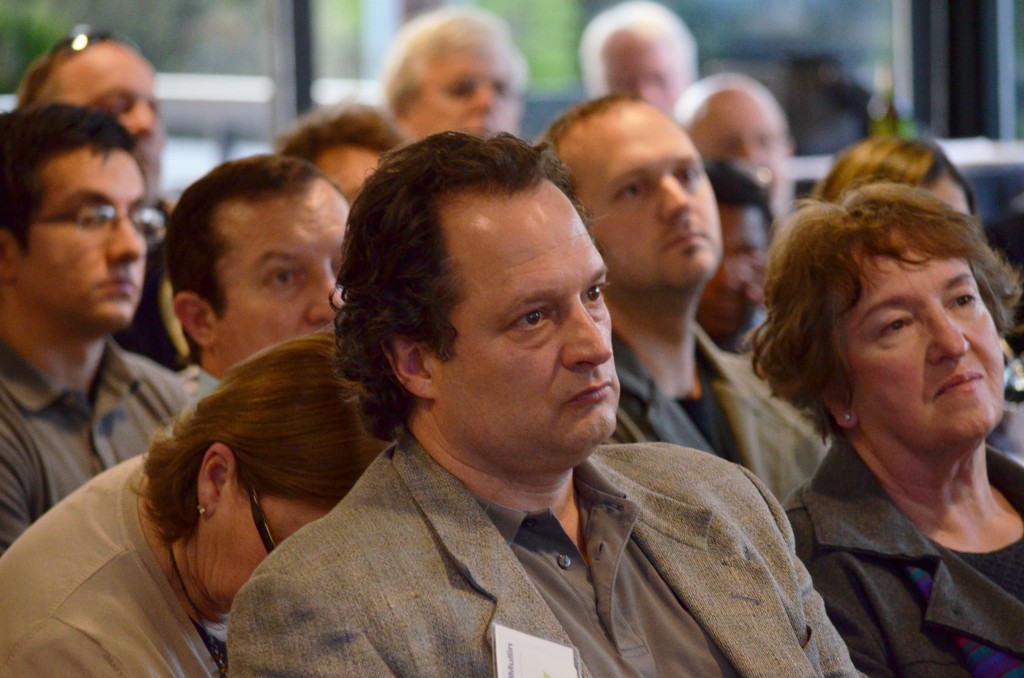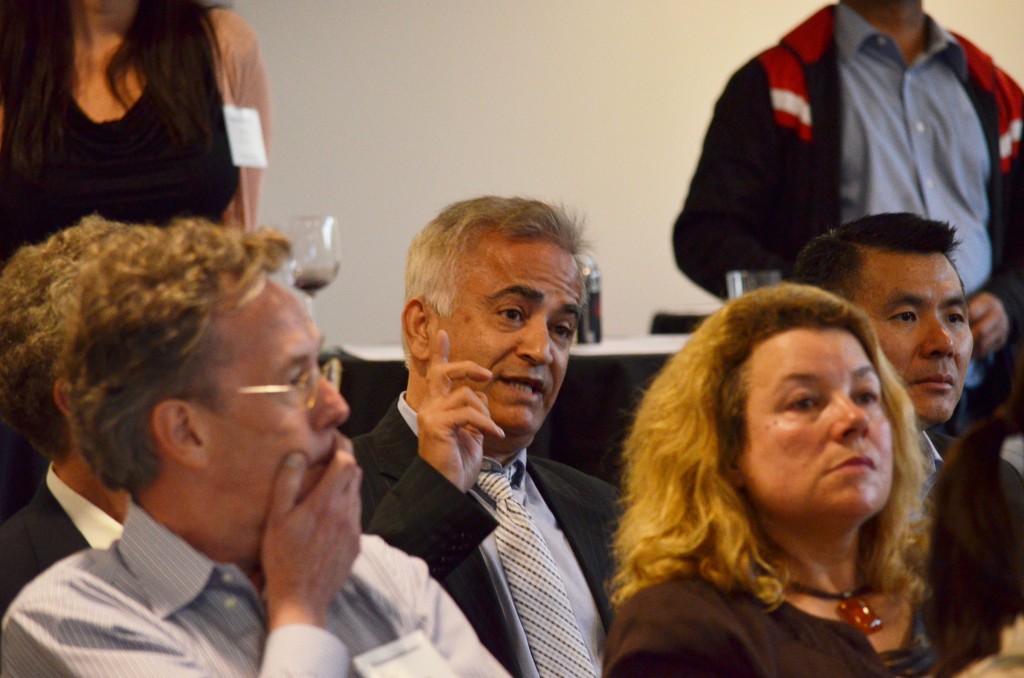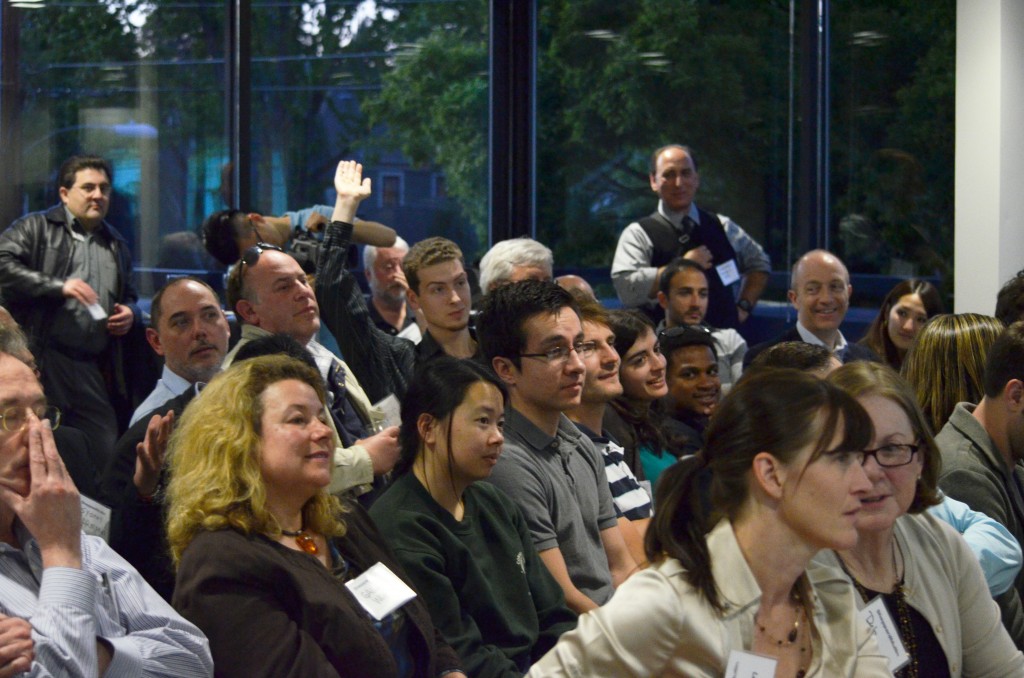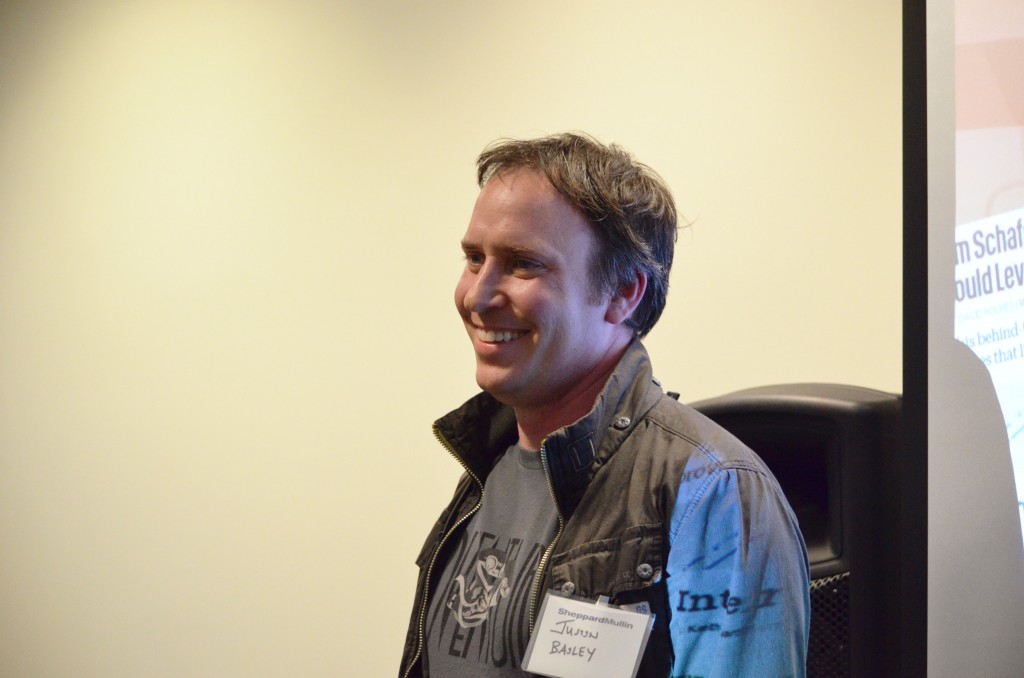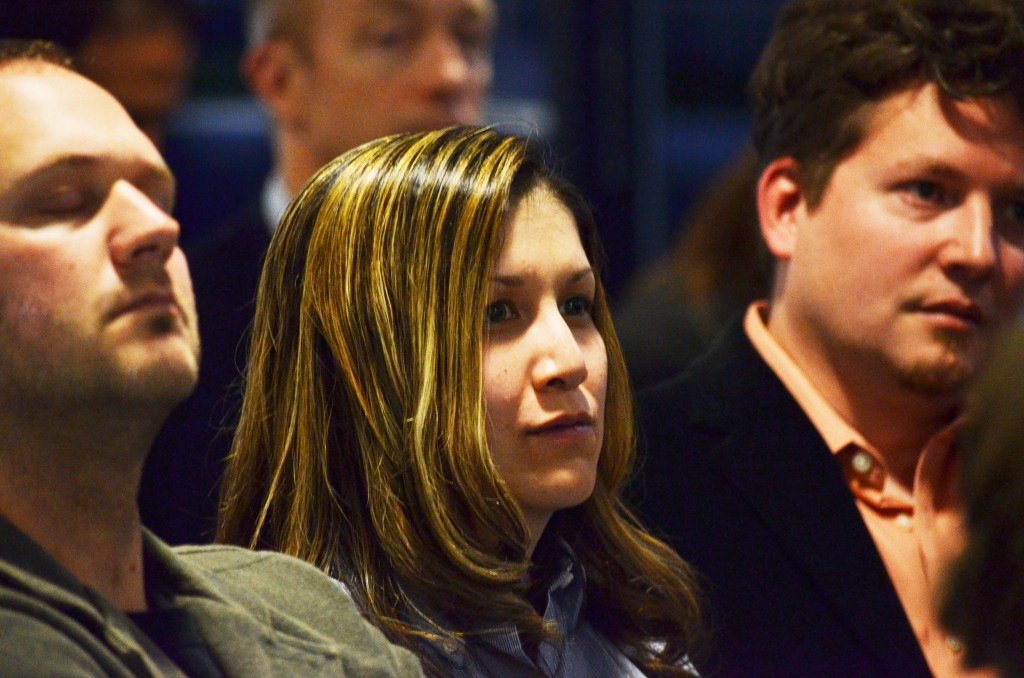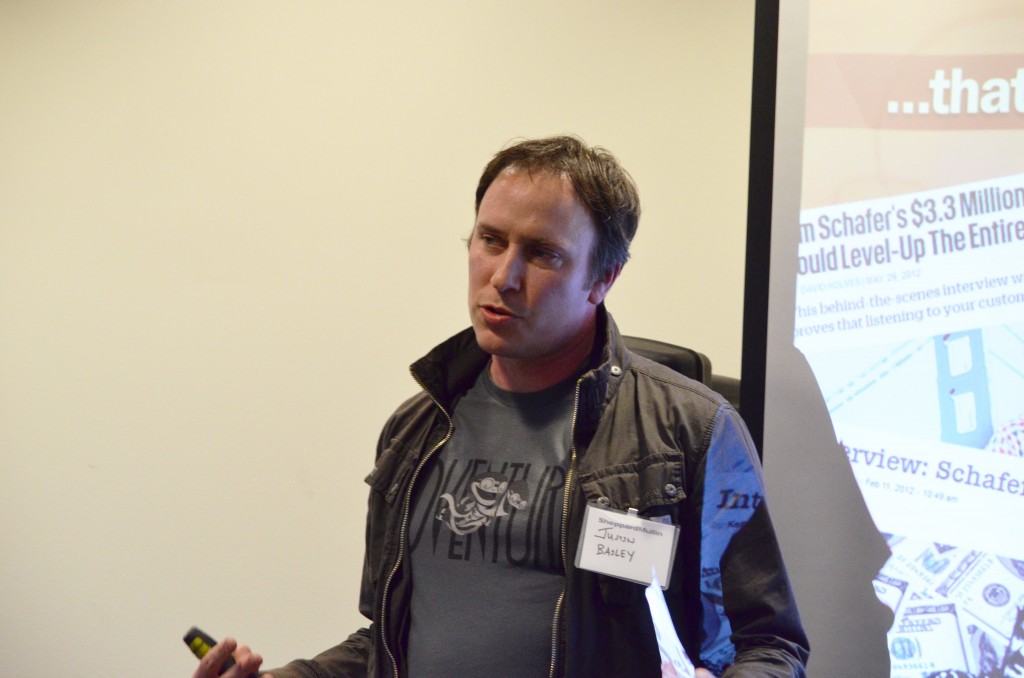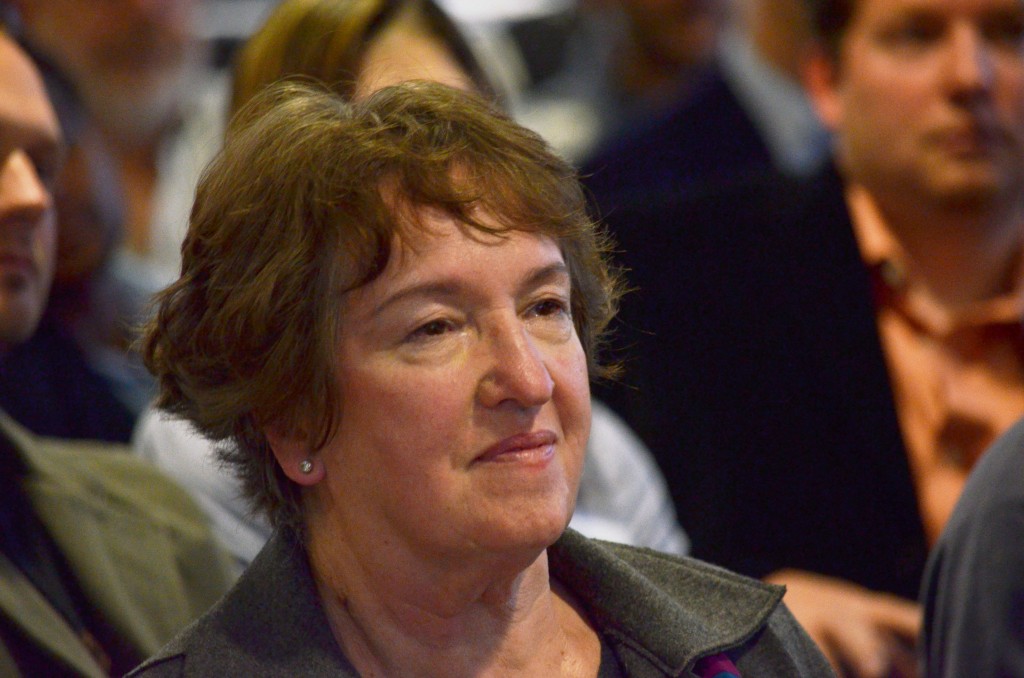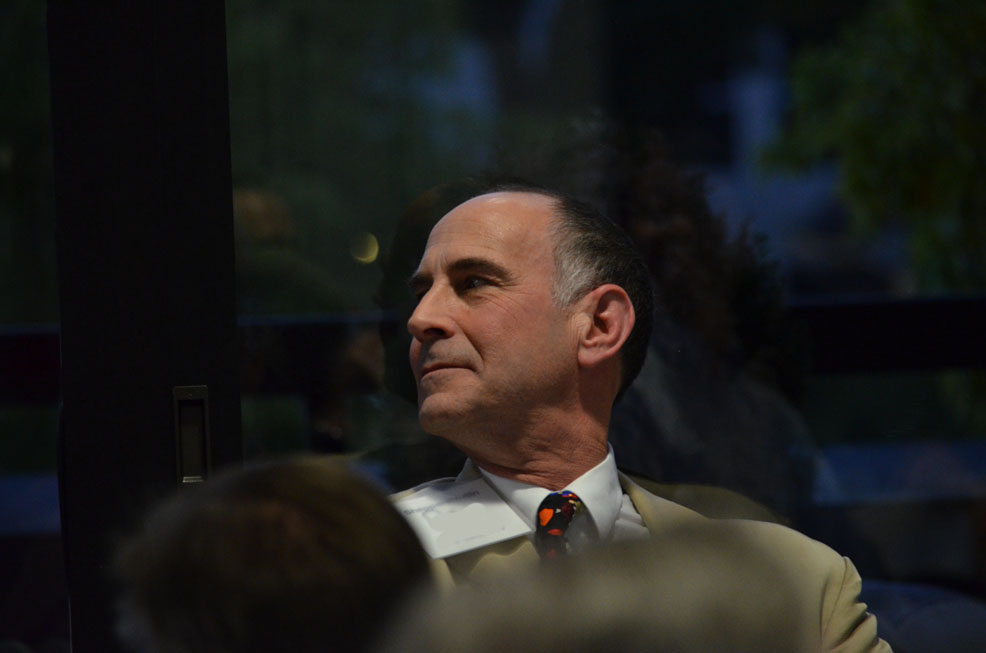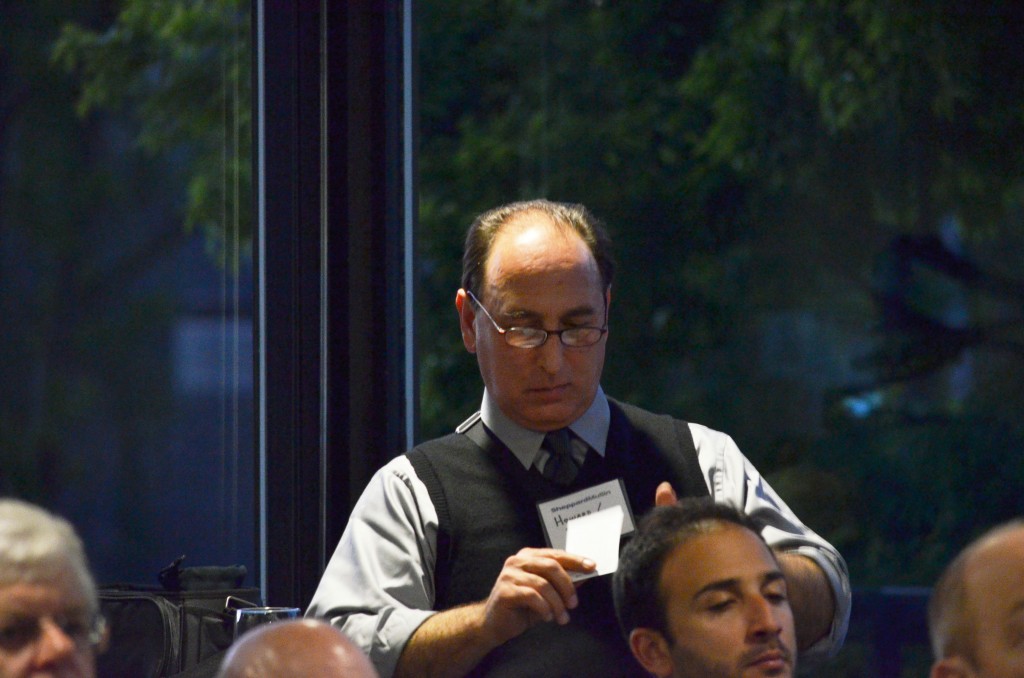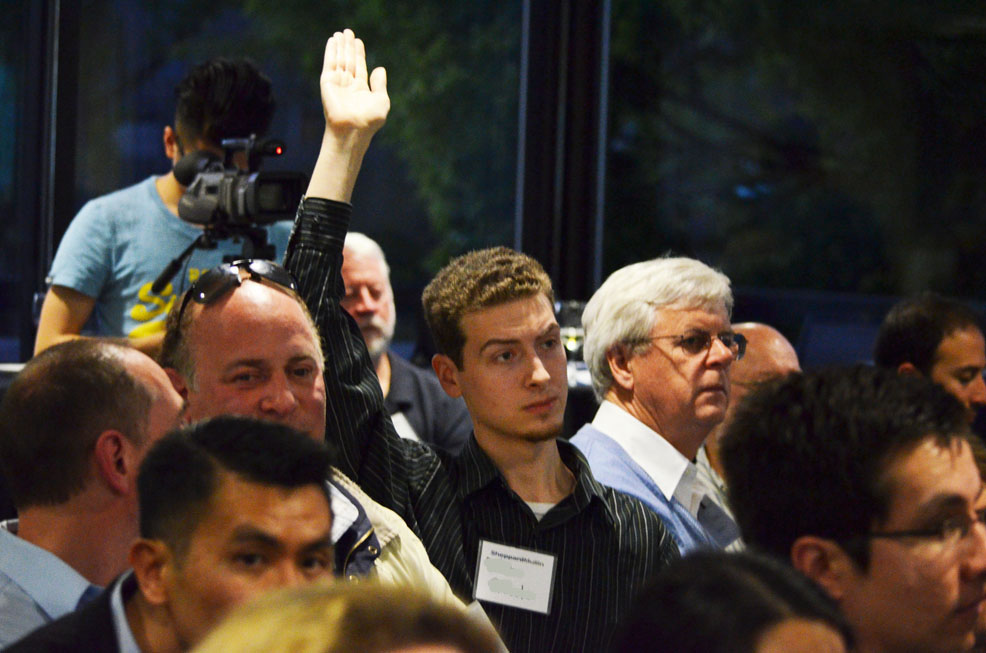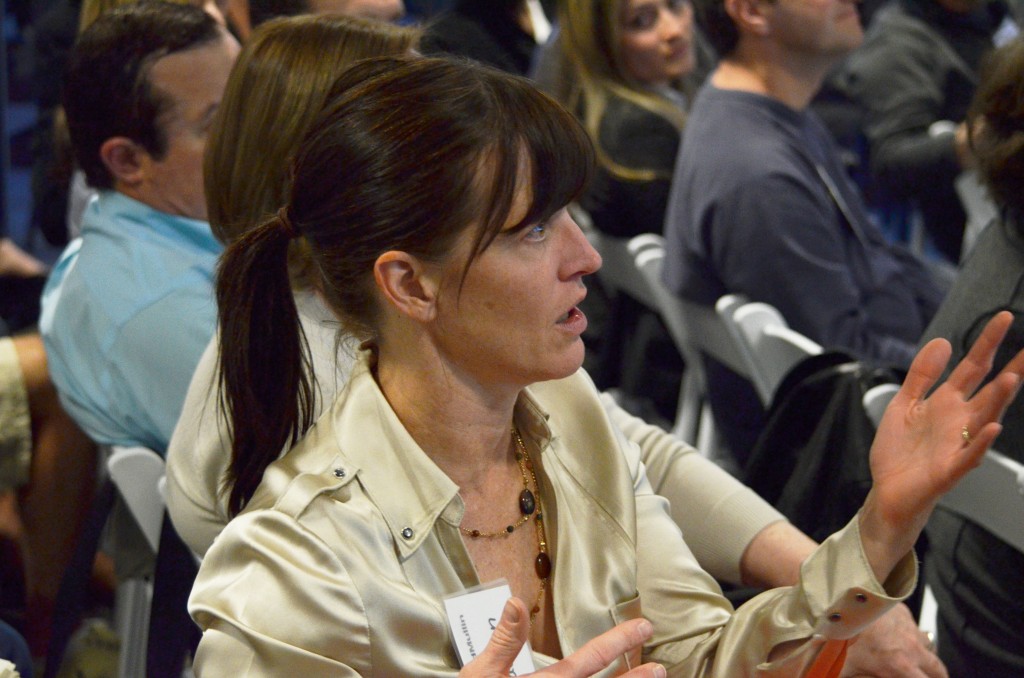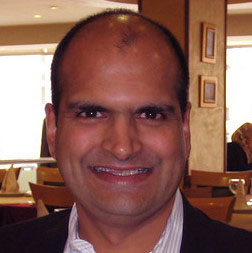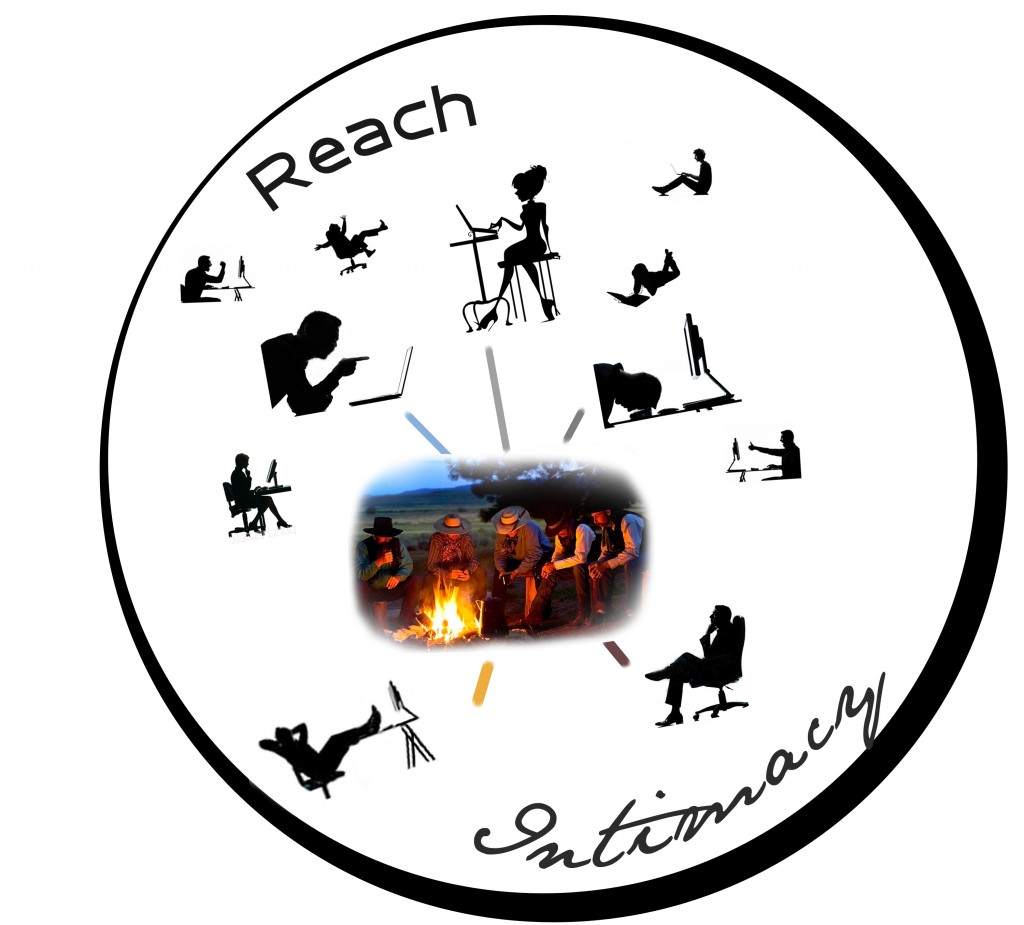Is crowd funding on the investment level a good idea? Is it even possible? In this event doubts on the reliability of using crowd funding for investment were expressed. And though the outcome for this large scale innovation appeared bleak, positive reactions to minor crowd funding, such as Kickstarter campaigns, were met with great excitement.
Welcome to our discussion on crowdfunding!
What is crowdfunding? Aside from being a buzzword related to technology and entrepreneurship, it is also a source of funding for businesses, musicians, charities (and other entities) with two major subcategories.
On the one hand, crowdfunding is a way to fund a project. In the music and business worlds, for example, crowdfunding is often packaged as a way to pre-purchase a product that the project will be creating.
In other cases, such as on Watsi, crowdfunding can be a way to fund specific charity projects that you want done. What you get in return is the good feeling of having helped someone (or karma, or treasures in heaven–however you want to measure those intangible benefits).
The second (pretty different) thing that the word crowdfunding is used to describe is when a company raises money for their company in exchange for small amounts of equity. This is a new thing in the United States which was supposedly made legal by the JOBS act, but unfortunately for any entrepreneur who wants to raise money this way or for anybody else who wants to invest this way, you still can’t do it, because crowdfunding regulations that are supposed to dictate how this crowdfunding/micro-investing thing will work are still in limbo, and people aren’t allowed to start crowdfunding campaigns until they are released. The SEC was supposed to release them at the beginning of this year, but they are dragging their feet. Or should we say fortunately?
At the SVII April event (“Crowdfunding: Magic or Tragic?”), two of our speakers–Riaz Karamali, of Sheppard Mullin and Larry Udell, of the Licensing Executives Society–expressed some doubts about whether crowdfunding as an investment model will actually be a good thing.
From Udell, the concerns were mostly about whether there will be enough transparency in the fundraising process to ensure that investors will be protected.
This was also a concern of Karamali’s. He pointed out that when angel investors and venture capitalists invest in a startup, they are told upfront that they should only invest if they can afford to lose the money (because investing in startups is inherently pretty risky). When early stage investing is opened up to the public through the jobs act, there will of course be some clause in the paperwork that says this, but the likelihood is that some investors will not fully read the paperwork or perhaps not take this warning as seriously as it should be taken.
The JOBS act will likely allow individual investors to invest up to 5% of their net worth in crowdfunded ventures. (This is just speculation right now, but that’s all we’ve got until the actual rules come out.) If some individual invests 5% of his/her income into a startup that he thinks is really promising and then it goes kaput, he could be really harmed.
Of course, there are plenty of ways to lose money in the current economy as well (gambling, investing in the stock market, buying a house at the wrong time), but investing in startups may be the kind of risk for which individuals with no experience in startups are unprepared and not properly calibrated. All of this points out the need for good financial advisers, but the naked truth is that there are many people out there that invest without the advice of a financial adviser (think: why should I pay someone to help me with my money; isn’t that counter-productive?). Just because a course of action is a bad idea doesn’t keep people from following it.
Another concern expressed by Karamali was that the regulations (when they come out) will also hamper businesses that try to use crowdfunding. For example, with so many initial investors, there are going to be a lot more constituents who want to influence the way a company is run (now you have a thousand backseat drivers). Also, nobody knows yet, but it’s possible that after a company has raised money using the crowdfunding method, traditional venture capitalist firms won’t want to get in after that. It’s concerns like this that are likely making the SEC not very excited about releasing the JOBS act regulations. They may think that the world is better off without crowdfunding (as micro-investing), so the longer they wait the better.
But not all is doom and gloom in the crowdfunding world. Not only are some people excited about micro-investment crowdfunding, but the other kind of crowdfunding (as a project funding mechanism) is going gangbusters, which is part of the reason why investment crowdfunding got proposed in the first place.
Our other speaker, Justin Bailey, from Double Fine Productions, showed us the bright side of crowdfunding.
Double Fine is famous for having one of the most successful kickstarter campaigns to date. They set out to raise $400,000 with just the description that they were going to make a point and click action game and the fact that their CEO, Tim Schafer, is a well-known and beloved game designer. The campaign was so popular that they raised over $3 million. Until just recently, they were the kickstarter campaign with the most backers (87,000–just recently edged out by the Veronica Mars movie campaign).
The key lesson that Double Fine took away from that experience, says Bailey, is that community is the key to discovery. Discovery (the game industry’s way of saying, “how users find us and vice versa”) is a very pressing problem in the game industry, mostly because it is a crowded space with a winner-take-all type of dynamic (successful games are likely to be very successful; everyone else languishes in the shadows–similar to the movie industry).
With a crowdfunding campaign, gaming companies can short circuit two related problems: seeing if anyone wants the game, and spreading the word about the game. A crowdfunding campaign determines demand before the company invests a huge amount of time and money in the game, reducing the need for careful prediction and also the accompanying stress. Likewise, a crowdfunding campaign is a perfect vehicle for spreading the word about a game. If people want the game (see previous dilemma), then they will spread the word about the kickstarter campaign for you, and your discovery problem is halfway solved (contingent on the success of the crowdfunding campaign).
Not all kickstarter or crowdfunding stories have had that happy ending. The game Haunts, for example, was promoted via kickstarter and raised over $29,000. However, that wasn’t enough, and the game was never finished–adding an ironic twist to the chosen name.
Let’s come back to the original question: Crowdfunding–magic or tragic? As in all good mind-bending dilemmas, the answer is yes. In fact, the question should be much more nuanced, but isn’t that always true? When it comes to investment crowdfunding, the jury is out (because we have no data), but there is a good likelihood that there will be success stories and failures. Whether investment crowdfunding as a whole is considered a success or a failure likely depends on how well it’s success rate compares with the success rate of startups funded by angel investors and venture capitalists (hard to measure, but considered to be anywhere from 1 in 4 to 1 in 10). Crowdfunding as a project funding mechanism has been in general successful, but still, within the space, there are successes and failures.
Bottom line: crowdfunding can be very rewarding, but you would be wise to proceed with caution.
